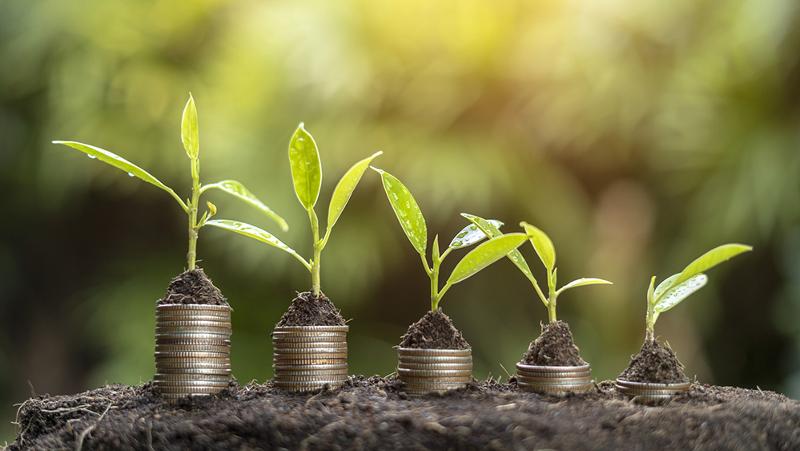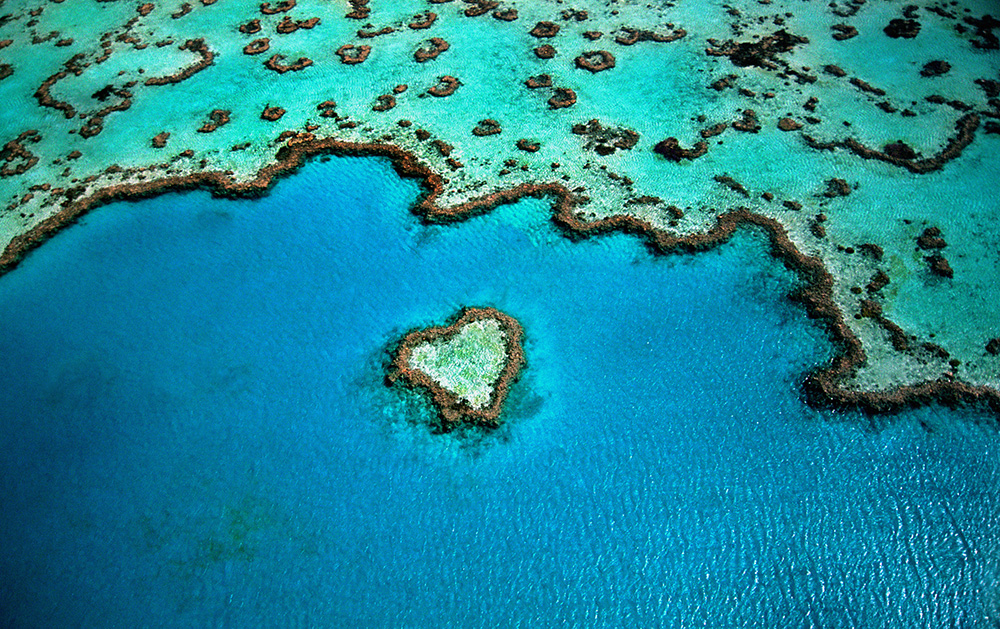
Recovery from the global economic havoc the COVID-19 pandemic has wreaked could be the most appropriate time to spur the inclusion of natural assets, such as unique ecosystems, in a revision of the methods used in the System of National Accounts (SNA), says Dr Felicity Deane from QUT Faculty of Law.
- COVID-19 pandemic could spur revision of System of National Accounts (SNA)
- Natural assets such as the Great Barrier Reef and endangered species should be counted
- UN is developing a global statistical standard for ecosystem accounting
Dr Deane said this type of change had been on the UN agenda for 2020-2021, however the COVID-19 crisis could accelerate a major reform of this international system that could affect the calculation of GDP.
An expert in trade law and economic instruments, Dr Deane said the SNA was last revised as a result of the GFC and had been revised only four times since it was developed in 1953.
“The COVID-19 pandemic will lead to changes to the global economic order we have never seen before and will likely be the catalyst for an SNA revision,” Dr Deane said.
“This is the time to reconsider the true measure of our national resources.
“What people value will have changed once the crisis is over. We will have a greater sense of what really matters.

“We need a more complete system of environmental accounting incorporated into the SNA because currently natural resources are counted as assets only if they are used as inputs in production, limiting the measure to outputs such as coal, gas and timber.
“There is not yet an official, internationally recognised accounting method for ecosystems such as the Great Barrier Reef and ecosystems within the reef, the habitats of endangered species, or the health of waterways.
“Instead of prioritising wealth in terms of production we need to take a step back and look at what’s truly valuable both for present and future generations.
“It’s important that natural capital is part of any financial system and the costs of exploitation of natural resources is accounted for because sustainability requires healthy ecosystems for long-term economic success and wellbeing.”
Dr Deane said the UN was developing a global statistical standard for ecosystem accounting and if it were to be adopted it could achieve transparency in natural capital accounting.
“This could be a significant shift in the way GDP is measured throughout the world if it is widely embraced,” she said.

“Experimental Ecosystem Accounting has been used in various parts of the world to shape environmental policy and this could potentially form part of domestic strategies to evaluate the economic health of a country.
“There is an appetite to improve the appreciation of natural assets as a result of Australia’s 2019 National Biodiversity Strategy which promotes better understanding of the value of natural capital to the country’s future.
“This is something that has long been understood by land stewards all over the world and it is something that we can start to appreciate more once an international standard is developed.”
QUT Media contacts:
Niki Widdowson, 07 3138 2999 or n.widdowson@qut.edu.au
After hours: Rose Trapnell, 0407 585 901 or media@qut.edu.au.




